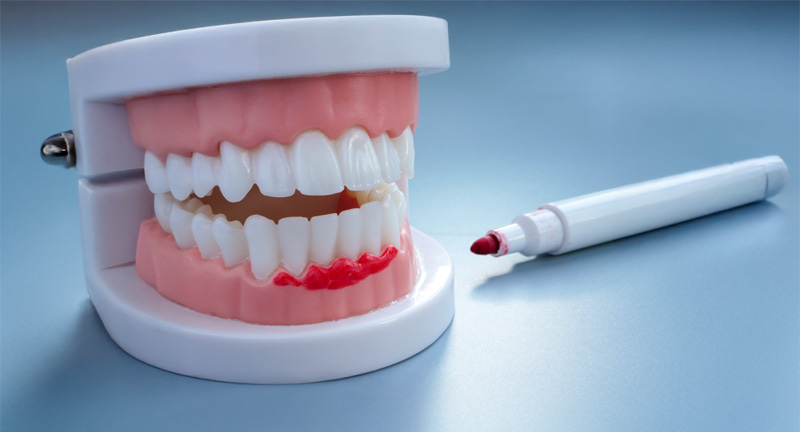When thinking about heart health, most focus on diet, exercise, and managing stress. But what if your oral hygiene played a significant role in keeping your heart healthy? Recent studies reveal a compelling link between oral health and cardiovascular diseases, suggesting that caring for your teeth and gums might be just as important as maintaining a balanced diet.
Why Oral Health and Heart Disease Are Linked
The mouth is more than a gateway to your digestive system—it’s a vital indicator of your overall health. Poor oral hygiene can lead to gum disease, which may increase the risk of heart conditions like atherosclerosis and stroke. Here’s how:
The Role of Inflammation
Inflammation is the common thread between oral and cardiovascular health. Bacteria from untreated gum disease can enter the bloodstream, triggering inflammation that damages blood vessels and accelerates plaque buildup.
Shared Risk Factors
Smoking, diabetes, and poor diet not only harm your teeth but also contribute to heart disease. By addressing these shared risks, you can protect both your smile and your cardiovascular system.
Gum Disease: A Silent Threat to Your Heart
Gum disease, or periodontal disease, is more than just a dental issue. Left untreated, it can result in tooth loss and increase the risk of life-threatening heart conditions. Research shows that people with gum disease are significantly more likely to develop cardiovascular diseases.

Actionable Tips for Better Oral and Heart Health
- Brush and Floss Regularly: Use fluoride toothpaste and floss daily to minimize plaque buildup and gum inflammation.
- Visit Your Dentist Twice a Year: Routine checkups can catch early signs of gum disease and prevent complications.
- Eat Heart-Healthy Foods: A diet rich in fruits, vegetables, and whole grains benefits both your gums and your heart.
- Quit Smoking: Smoking increases your risk of gum disease and heart disease exponentially. The sooner you quit, the better.
- Manage Chronic Conditions: Work with your healthcare team to control conditions like diabetes, which can exacerbate both oral and cardiovascular problems.

